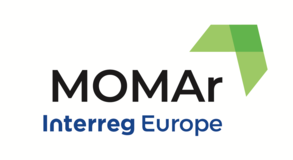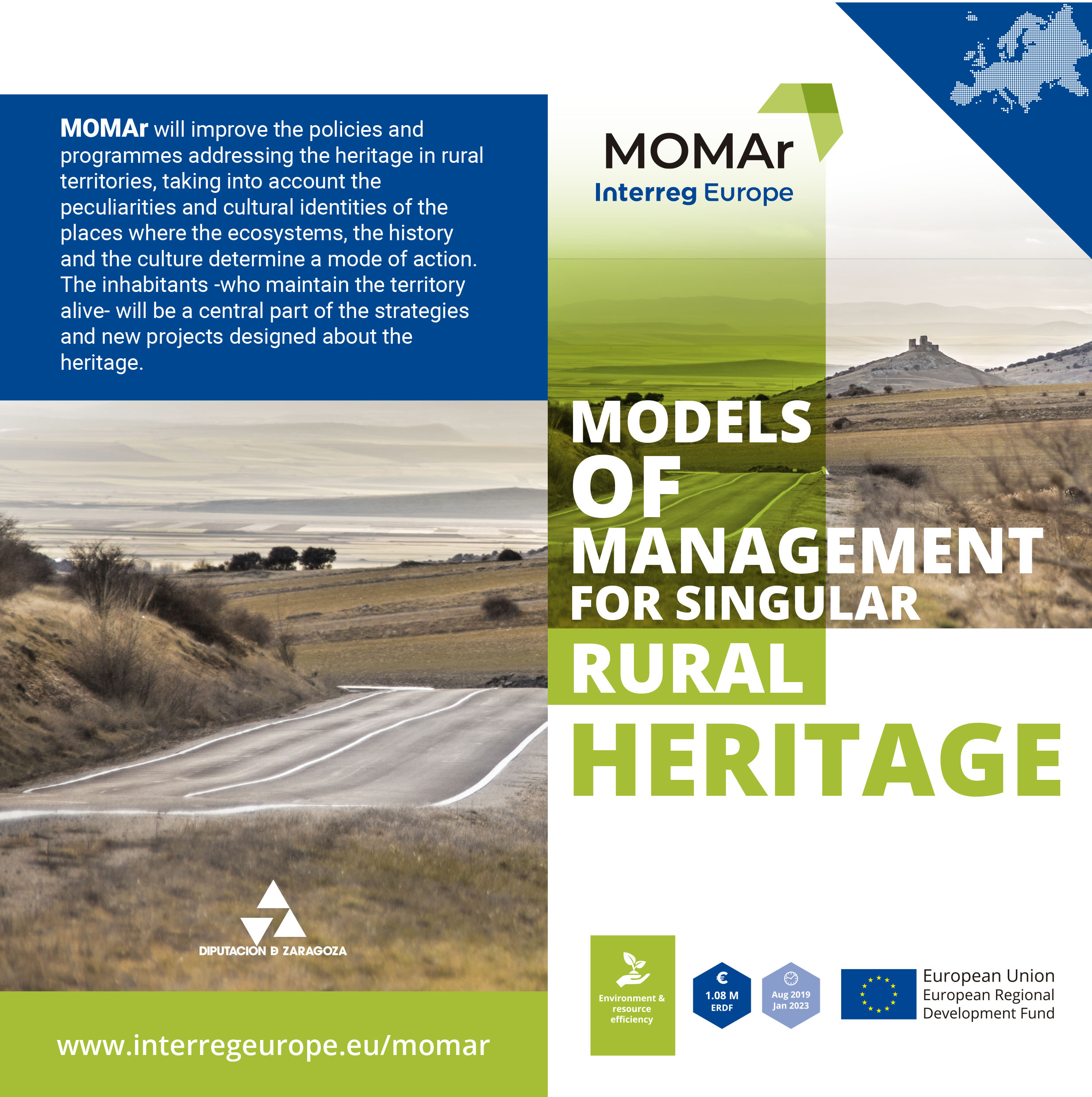In the past, Mehedinti County has experienced difficulties in implementing a successful strategy in relation to the development of natural and cultural assets in terms of resources and specialisation in new models of development and management.
In its Action Plan, Mehedinti County presented two concrete actions aiming to valorize its natural and cultural heritage. The first one will be conducted in Obîrșia de Câmp and the main idea is to transform the neoclassical Gheorghe Pleșa Palace into a cultural events hub through project submission for financing to various national funding opportunities of the central Ministry of Regional Development.
The second action concerns the digitalization of the patrimony of the Iron Gates Museum, located in Drobeta Turnu Severin, which is the most important cultural institution in the region and also a heavily visited tourist attraction. It has an inestimable value as it illustrates the historical evolution of the county and presents the most representative characteristics of the whole geographical region.
The current status of the projects
Since June 2022, Mehedinti County has undertaken actions to promote the concept to stakeholders, actors and the public. To prepare the Development Strategy of the County for the period 2021-2027, Mehedinti County Council organized a series of consultation events with relevant local actors to debate topics of interest in shaping the strategic document. In this context, 4 working groups were organized with the following themes: Education, Environment and Energy, Heritage, Culture and Tourism and Health and Social Services.
The last public debate was organized on November 22th and the County Council could discuss with relevant local actors the process of developing the Mehedinti County Development Strategy, the development vision and the main proposals and strategic projects. Thanks to this progress, the strategic document will be finished by the end of December 2022 and the County has already started the organization of public procurement procedures and achievement of technical and economic documentation for both actions that they have proposed.
The importance of MOMAr
The MOMAr project has offered the opportunity to the county representatives and stakeholders to learn about efficient management strategies to valorise its natural and cultural heritage. During the first phase of the MOMAr project, the Mehedinti County team gained valuable experience and knowledge and could discover the use of augmented reality in the field of heritage management. Digital tools have the potential to revolutionize the way tourism can be enjoyed, by adding economic value through tourism applications that provide quality information about heritage sites and enhance visitors’ experience. In addition, harnessing innovation and digital solutions contributes to a more sustainable and responsible tourism sector.
These actions are the output of the inspiration of good practices that were presented during the MOMAr project and that showed the importance of local cultural management for visitors but also the importance of the preservation of the artistic and architectural legacy.












